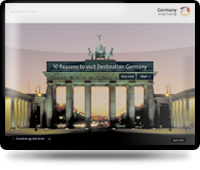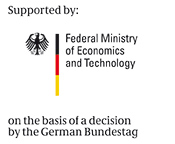Travellers can bring goods into Germany from a non-EU country duty-free. The goods concerned must be carried with the traveller and must be for personal consumption or use. Up to 200 cigarettes or 100 cigarillos or 50 cigars or 250g tobacco may be brought in. One litre of spirits with an alcohol content of more than 22% by volume or two litres of spirits, aperitifs based on wine, alcohol, taffia, sake or similar with an alcohol content of 22% by volume or less or 2 litres of sparkling wine or liqueur wine or a proportional mix of these goods, plus two litres of still wines. 500g coffee or 200g of extracts, essences or concentrates of coffee or preparations on the basis of these goods or on the basis of coffee. 50g of perfume and 0.25 litres of eau de toilette.
Goods imported to Germany from a non-EU country are duty-free up to a value of €175, subject to the above restrictions.







